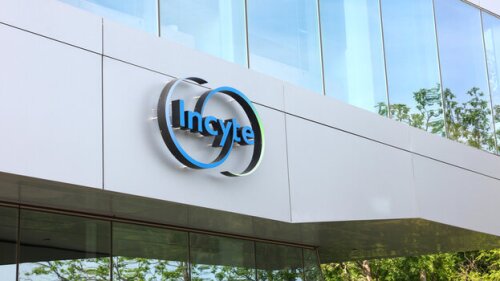Six weeks after HHS Secretary RFK Jr. cited unexplained conflicts of interest in dismissing all 17 members of the CDC’s vaccine advisory committee, Democrats are asking for details.
While some analysts forecast the tariffs could mean billions in additional industry expenditure, others expect the overall impact to be “manageable.”
In a post on X, Health Secretary Robert F. Kennedy Jr. alleged that the Vaccine Injury Compensation Program has “devolved into a morass of inefficiency, favoritism, and outright corruption.”
BMS is spinning out a new company with five immunology assets, including oral drugs being developed for systemic lupus erythematosus and plaque psoriasis, and $300 million in funds from Bain Capital.
The swift FDA action removes an overhang from Sarepta and allows Elevidys to return to the market without another safety study, as had been feared, Jefferies analysts said Monday.
In a Phase Ib/IIa trial, 91% of patients receiving the highest dose of trontinemab were amyloid negative after seven months of treatment, representing what B. Riley Securities called a “paradigm shift” to first-generation FDA-approved antibodies.
FEATURED STORIES
The largest Chinese licensing deal behind Pfizer’s is Novartis’ partnership with Shanghai Argo Biopharma, worth potentially more than $4 billion.
The Most Favored Nation order is unlikely to deliver broad, sustained savings without triggering legal challenges, administrative friction and unintended consequences for both the healthcare sector and patient access.
The FDA and NIH recently announced plans to phase out animal testing requirements for some therapies. While organoid and AI providers celebrate, scientists warn that questions over safety, applicability and implementation remain.
While sparking excitement among biopharma companies focused on rare and ultrarare indications, experts say FDA Commissioner Marty Makary’s proposal is light on details and raises potential concerns about safety, access and liability.
While the Trump administration has painted the jettisoning of staff and regulations as good for business, there are multiple reasons it’s unlikely to work out that way.
The number of employees laid off increased year over year during the first quarter. BioSpace recaps the five largest rounds of layoffs, which included BMS and Novartis cuts.
FROM BIOSPACE INSIGHTS
Establishing trust through thought leadership is no longer optional in today’s cautious biopharma market. Learn how strategic insights and targeted outreach can turn awareness into high-converting leads.
LATEST PODCASTS
BioSpace remembers COVID-19 five years after the pandemic was declared, Novo Nordisk’s CagriSema again misses expectations as the company joins a lawsuit filed by drug compounders against the FDA, Viking secures ample supply of its investigational obesity medication, J&J strikes out in depression, and Makary and Bhattacharya near confirmation.
Pfizer reacts to Donald Trump’s tariff threats on big pharma, another regulatory meeting is canceled under RFK Jr., AbbVie and Eli Lilly strike mid-sized deals in obesity and molecular glues, priority review vouchers set to take a hit and immuno-oncology matures.
In the second podcast in a special series focused on BioSpace’s NextGen Class of 2025, Senior Editor Annalee Armstrong speaks with Kevin Marks, CEO of Delphia Therapeutics.
Job Trends
Astellas Pharma’s new life sciences center houses its first U.S.-based SakuLab, an incubator space for external partners, as well as its engineered small molecules unit.
Subscribe to Genepool
Subscribe to BioSpace’s flagship publication including top headlines, special editions and life sciences’ most important breaking news
SPECIAL EDITIONS
BioSpace did a deep dive into executive pay, examining the highest compensation packages, pay ratios and golden parachutes—what a CEO would get paid to leave.
A new generation of checkpoint inhibitors is emerging, with some showing more promise than others. From recent TIGIT failures to high-potential targets like VEGF, BioSpace explores what’s on the horizon in immuno-oncology.
Peter Marks, the venerable head of the FDA’s Center for Biologics Evaluation and Research, has been forced out. In this special edition of BioPharm Executive, BioSpace takes a deep dive into the instability of the HHS.
DEALS
-
While Congress is renewing the priority review voucher program for rare pediatric diseases, the FDA should be required to keep public records of the passes changing hands, too.
-
A new Pitchbook report found $4.3 billion in funding to women-fronted biotech companies across 121 deals. The increase comes as sociopolitical headwinds slam into initiatives to support women and minorities.
-
At the heart of the deal is the drug candidate dordaviprone, which is months away from a regulatory verdict for its use in H3 K27M-mutated diffuse glioma.
-
In a move straight out of 2021, BridgeBio Oncology is taking the SPAC route to the public markets in a deal with Helix Acquisition Corp. II worth $450 million in proceeds.
-
In this episode of Denatured, BioSpace’s Head of Insights Lori Ellis and Miruna Sasu, CEO of COTA, discuss life sciences investment and the potential for disruption.
WEIGHT LOSS
-
Long considered resistant to economic downturns, the pharmaceutical industry may face a greater challenge this time around as GLP-1s dominate and the population grows older.
-
Last week, The Trump administration reversed a Biden-era proposal for Medicare coverage of anti-obesity treatments. But on Monday, HHS suggested it is open to future policy considerations toward this end.
-
Stifel analysts were bullish on the data, which showed a 16.5% drop in body-mass index among patients with damage to the hypothalamus taking Rhythm Pharmaceuticals’ Imcivree.
-
Under Friday’s final ruling anti-obesity medications for weight-loss will remain ineligible for Medicare coverage.
-
Eli Lilly says Indianapolis-based Premier Weight Loss is cracking open auto-injector pens containing its blockbuster drug and repackaging them into separate doses.
POLICY
-
Robert F. Kennedy Jr.’s removal of all remaining members of the CDC’s Advisory Committee on Immunization Practices raises questions about the upcoming meeting later this month. Analysts fear the committee could be more sympathetic to the HHS Secretary’s anti-vax viewpoints.
-
The reinstatement of the generic drug policy office is the latest reversal of course for Robert F. Kennedy Jr.'s HHS, which also recently rehired FDA staff responsible for making travel arrangements and those involved in user fee program negotiations.
-
Two weeks of upheaval at the CDC culminated Monday in the complete reconstitution of the CDC’s Advisory Committee on Immunization Practices as HHS Secretary Robert F. Kennedy Jr. pens op-ed criticizing “conflicts of interest” he says exist on the current committee.
-
The loss of special government employee status for four members of the CDC’s Advisory Committee on Immunization Practices follows the resignation of ACIP co-lead Lakshmi Panagiotakopoulos, who left in protest of a controversial change in COVID-19 recommendations for healthy children and pregnant women.
-
Given the evidence, the committee has recommended that the labels for Novo Nordisk’s Wegovy and Ozempic be updated to include the “very rare” risk of non-arteritic anterior ischemic optic neuropathy.
For the second quarter of 2024, there were 25% fewer jobs posted live on BioSpace compared to the same quarter of 2023. The year-over-year job response rate rose from 14.6% to 15.3%.
When moving to a new role at the same company, it’s important to create a transition plan, understand your responsibilities and expectations and get to know your new team.
It’s important to maintain anonymity when seeking your next executive role, as your departure could impact other employees and the organization.
Four executives with collective decades spent at BMS, Roche, Astellas, Eli Lilly and more gave their insights on navigating a biopharma career during a Monday DIA panel in San Diego.
Interviews can be difficult in any field, but especially in a competitive industry like the life sciences. Read on to discover the best way to answer salary interview questions in our guide.
Plus, what to do if your offer is paused and how to manage work anxiety.
HOTBEDS
REPORTS
In this Employment Outlook report, BioSpace explores current workforce sentiment, job activity trends and the prospective job and hiring outlook for 2025, particularly as it compares to the previous year.
BioSpace’s third report on diversity, equity, inclusion and belonging in life sciences examines dramatic shifts in attitude around diversity initiatives.
CANCER
-
Roche, along with Bristol Myers Squibb, Novo Nordisk, AbbVie, Eli Lilly and others, is making inroads into molecular glues to use in cancer, immunology and other applications.
-
The ODAC cited concerns with patient populations in clinical trials used to support the proposed expansion. Johnson & Johnson fared better, with the FDA’s cancer advisors voting to recommend Darzalex in patients with a certain type of multiple myeloma.
-
The deal comes three months after Pfizer inked a PD-1/VEGF partnership with Summit Therapeutics, leading BMO Capital Markets to express confusion regarding the pharma’s overall strategy.
-
The FDA also approved the use of Zynyz as a monotherapy for patients with squamous cell carcinoma of the anal canal who are intolerant to platinum chemotherapy or whose disease has progressed.
-
As the FDA prepares for a busy Oncologic Drugs Advisory Committee meeting next week, an agency insider told BioSpace that volunteers with little training are scrambling to secure the required expertise after workforce cuts decimated the adcomm planning office.
NEUROSCIENCE
-
Cobenfy’s late-stage flop is BMS’ second high-profile failure in as many weeks. The pharma announced last week that Camzyos was unable to improve disease burden in non-obstructive hypertrophic cardiomyopathy.
-
FDA Commissioner Marty Makary talks about his plans to revamp drug development and reduce ‘conflicts of interest’ between the agency and pharma industry; Roche and Regeneron jump on the U.S. manufacturing train as Trump’s tariffs loom; and Eli Lilly scores a big win for orforglipron while Novo Nordisk reveals it has applied for FDA approval of its oral semaglutide.
-
The Health and Human Services Secretary said that he will find and eliminate the cause of autism by September, an idea that suggests how little he knows about the condition.
-
Jefferies analysts predict Annexon’s tanruprubart could be approved by mid-2026.
-
Jazz is being accused of anti-competitive practices regarding its narcolepsy drug, as generic competitors emerge on the market.
CELL AND GENE THERAPY
-
One day after the European Medicines Agency requested that three clinical trials of Elevidys be placed on hold after the death of a U.S. teenager, a data monitoring committee concluded that they should continue unchanged.
-
Sangamo, which has been having cash problems, will receive $18 million upfront in licensing fees for its AAV capsid that in preclinical studies has shown the ability to cross the blood-brain barrier.
-
Already reeling from years of market chaos, the announced departure of CBER chief Peter Marks sent a ripple across biopharma markets.
-
Cell therapy and oncology–focused Carisma Therapeutics started layoffs late last year. Now the company plans to wind down fully.
-
The layoffs will take place throughout 2025 and will mostly affect Tenaya’s research and manufacturing operations. The company is continuing to test its hypertrophic cardiomyopathy gene therapy.






























































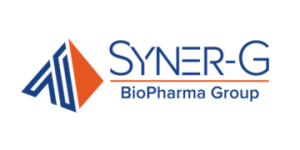














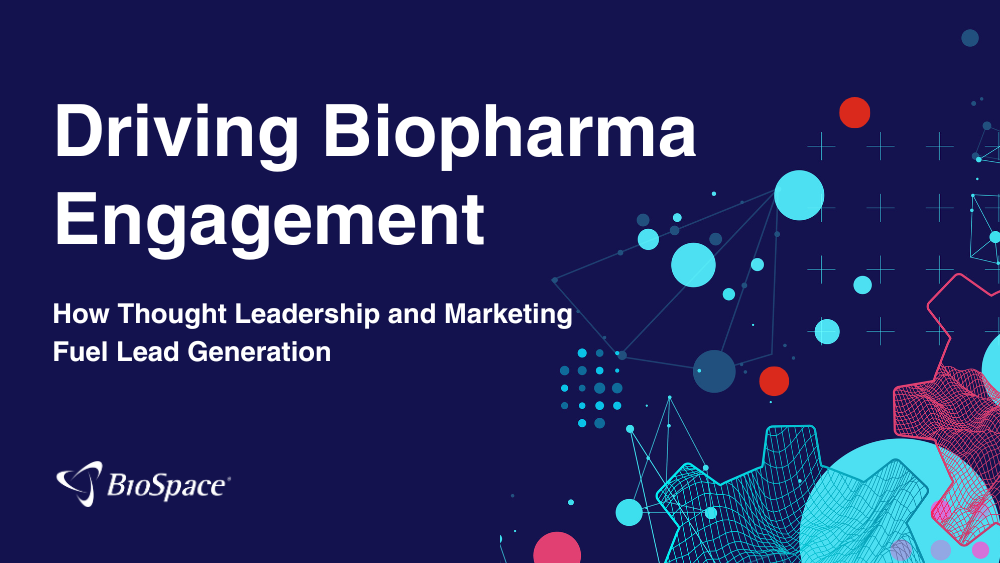



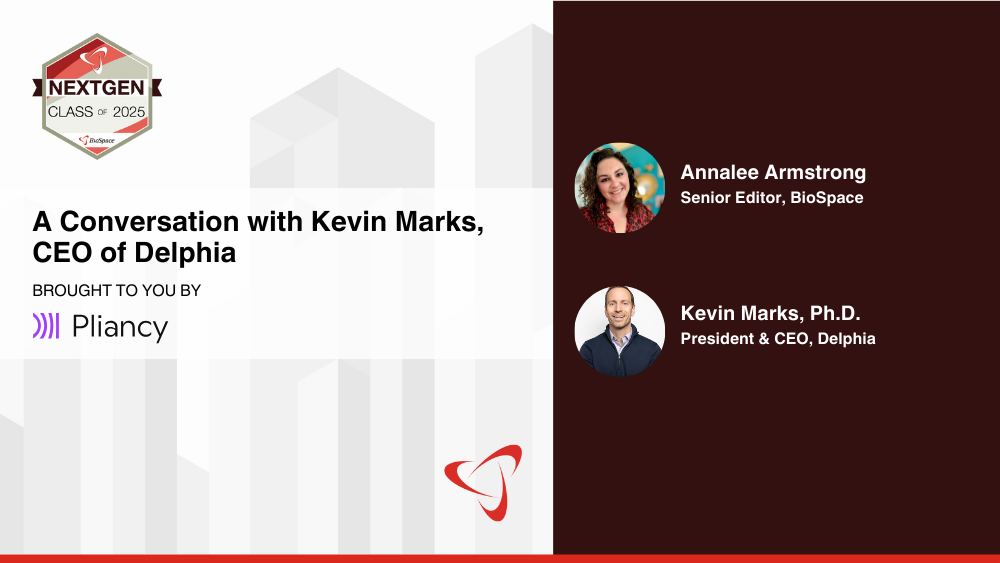
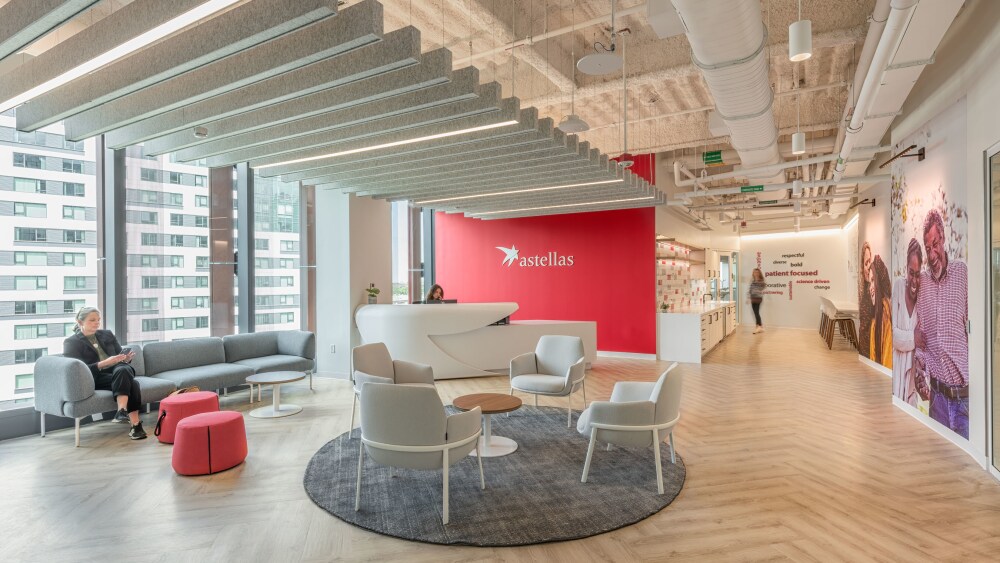















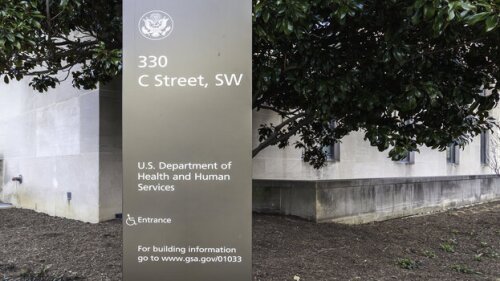



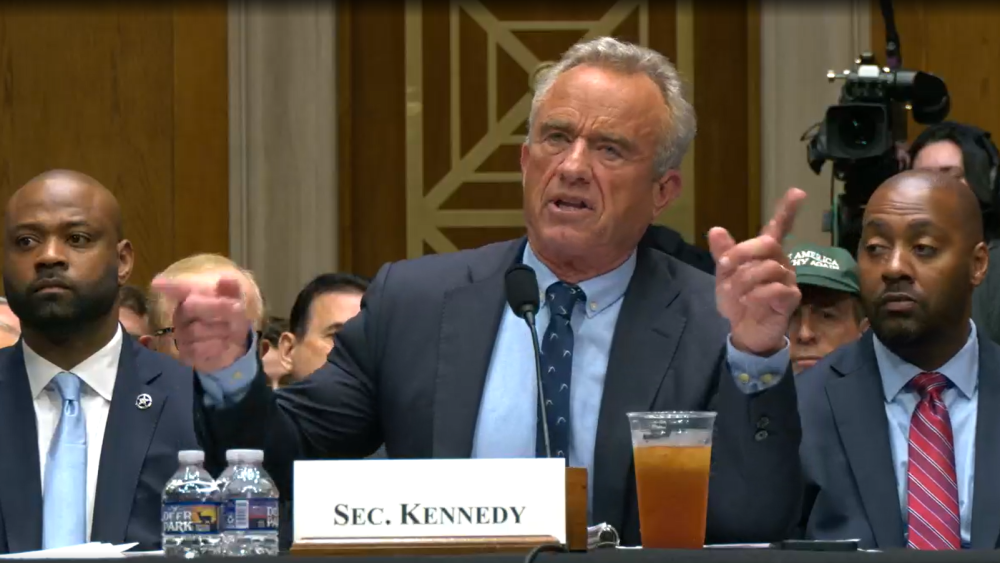

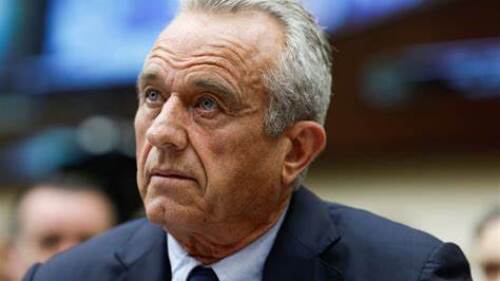





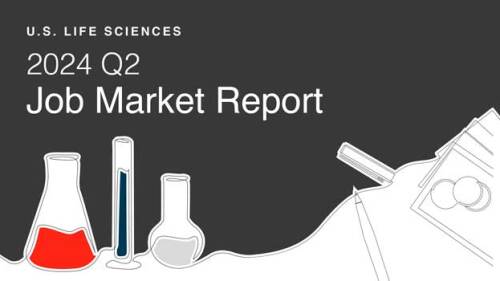


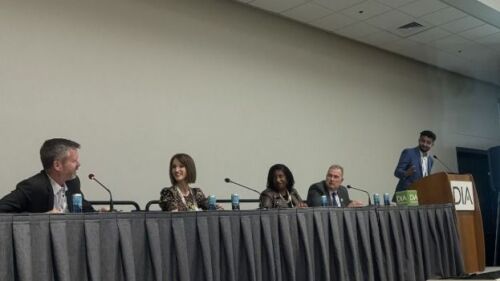














![[Figure 1.] Syracuse Bio Campus – Home to LOTTE BIOLOGICS’ ADC and monoclonal antibody (mAb) manufacturing facilities](https://static.biospace.com/dims4/default/5ca6729/2147483647/strip/true/crop/625x351+0+0/resize/500x281!/quality/90/?url=https%3A%2F%2Fk1-prod-biospace.s3.us-east-2.amazonaws.com%2Fbrightspot%2Fa0%2F5d%2F3ef4445240c7b416c1ddc66e7ad9%2F1-adc-mab-facility.png)







